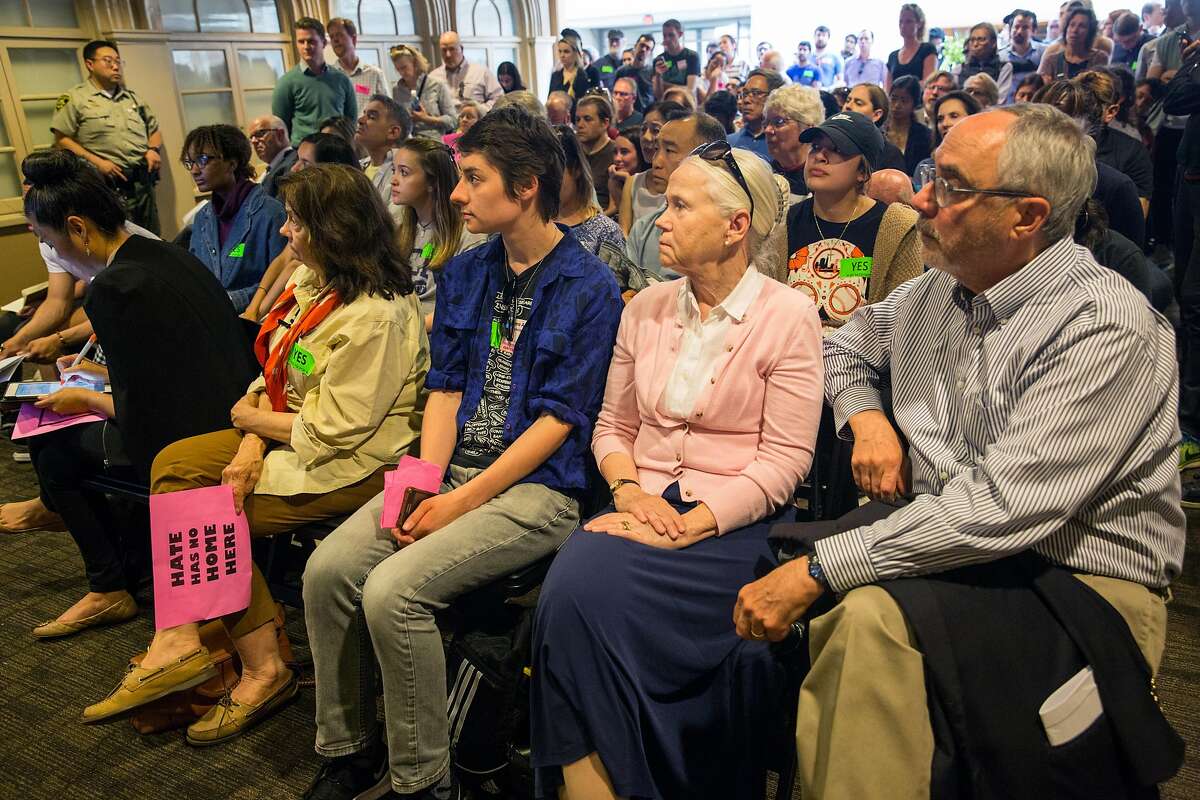CEQA and the Navigation Center
 |
| Photo: Jana Asenbrennerova |
From a story in the SF Chronicle on neighborhood opposition to the planned Navigation Center on the Embarcadero:
The appeal says that the city failed to get necessary approvals from the State Lands Commission, the agency that oversees the state’s waterfront development, and also disregarded the port’s design guidelines for the waterfront. It also argues that the city did not go through the proper environmental review for the project under the California Environmental Quality Act, or CEQA (link added).
The appeal was of course rejected a few days later. The Board of Supervisors always rejects appeals opposing important projects.
The story is a good example of pseudo-objective journalism. This is not a deliberate attempt at deception. Instead, the writer is simply showing her ignorance when she assumes the validity of a popular---and false ---meme about CEQA:
CEQA appeals have long been used across the state to delay projects, from homeless shelters to housing developments. Gov. Gavin Newsom vowed to combat the misuse of CEQA and streamline the approval process for homeless shelters and supportive housing, but his plans are vague. Jennifer Hernandez, an environmental lawyer at Holland & Knight, said CEQA is often the tool of choice to fight homeless housing. “Using CEQA for non-environmental purposes is an abuse of this environmental law, and this is another example of it,” Hernandez said.
Wrong! Newsom should know better by now, since he was mayor when the city was rebuked by the court when it tried to rush the ambitious Bicycle Plan through the process without any environmental review, a clear CEQA violation, since that sensible law requires any proposed project that even might have an impact on the environment must have environmental review before it's implemented.
Citing Jennifer Hernandez as an authority also shows ignorance, since she co-authored a specious study on CEQA abuse that was soundly debunked by knowledgeable writers, including Sean Hecht on Legal Planet. After his analysis, he makes an understated conclusion:
CEQA is a bogeyman. While the law is not perfect and sometimes doesn’t work as well as it might, the evidence in this report doesn’t appear to support claims that it is seriously hampering our attainment of environmental goals. Attempts to change the law shouldn’t be based on incorrect or misleading empirical claims.
Even better is a critique of the Holland & Knight study by the National Resources Defense Council. After noting that "court challenges under CEQA are exceedingly rare," the critique supports the "bogeyman" conclusion:
The total number of CEQA cases is small, averaging only about 200 per year. As a percentage of total civil cases, CEQA cases are 00.02% of 1,100,000 civil cases filed annually in California. The number is also small as a percentage of projects subject to CEQA, around 1% or less.
From the Chronicle story:
“Expect us to beat them in court,” said Peter Prows, the group’s attorney with the law firm Briscoe Ivester & Bazel. “We’re prepared to take this as far as we have to”...Prows said he was not surprised by the board’s decision to strike down the appeal. He said he will likely file a lawsuit...The goal, he said, is to stop the project completely. “This is a political decision,” he said outside the City Hall board chamber shortly after the appeal was denied. “The board can make these kinds of political decisions, but the courts will have the last word on this.”
Yes, since CEQA is still on the books as the most important environmental law in California, though the local courts often ignore the law when important City Hall projects are at stake.
The Chronicle has long been dumb on CEQA. See Dumb Chronicle CEQA editorial and Chronicle's zombie CEQA editorial.
Labels: Bicycle Plan, CEQA, City Government, Environment, Gavin Newsom, History, Homelessness, London Breed, Neighborhoods, SF Chronicle, SFChronicle